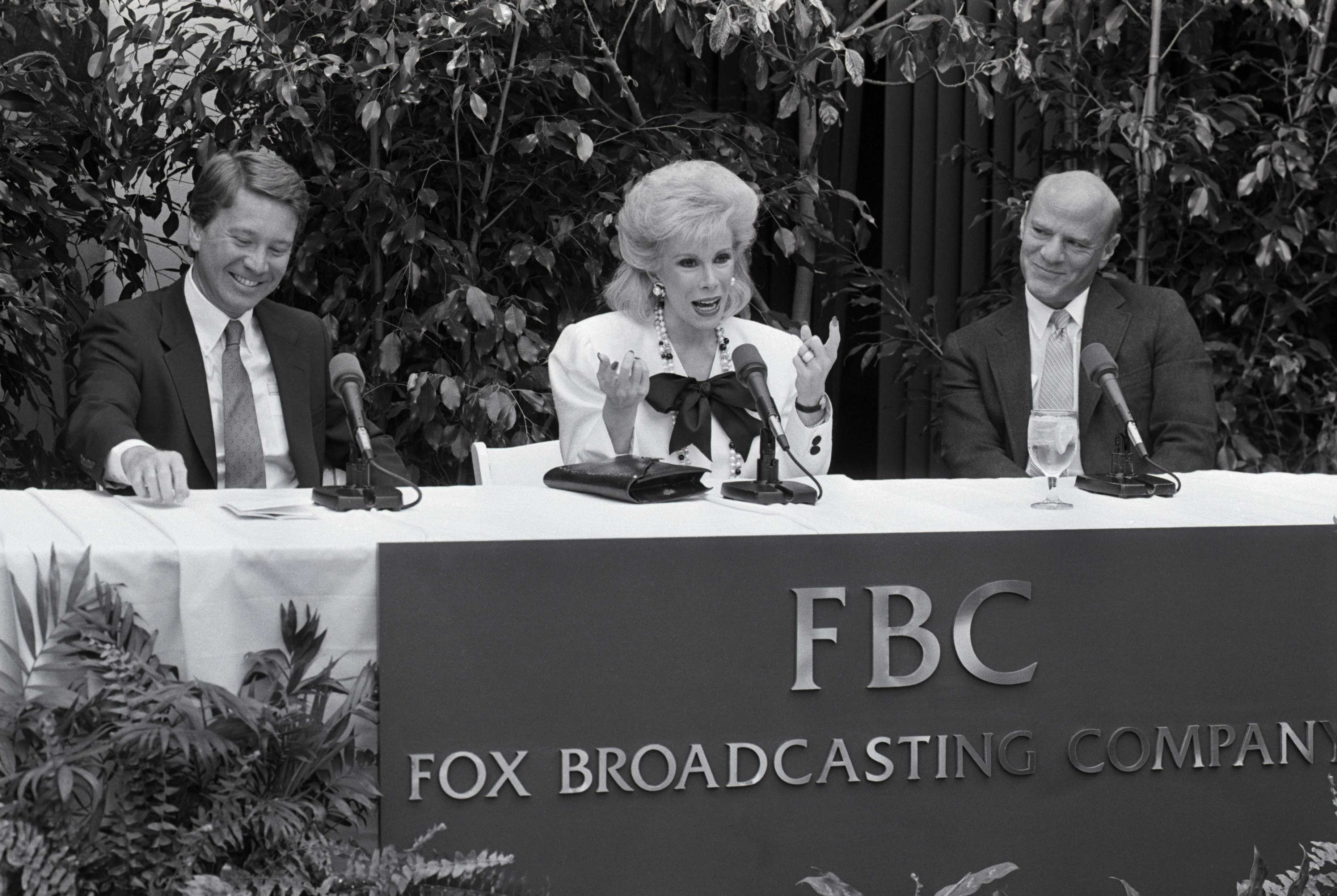
It was over 90 degrees in Los Angeles this past weekend, and Next TV writers David Bloom and Daniel Frankel still typed you up this column. Do you have anything to say to them?
DANIEL FRANKEL: Happy first official weekend of summer, David. We have the ball rolling on NYC TV Week, which is September 9-12. I myself am gearing up for the Next TV Summit portion, on September 10, during which you and I will tag-teaming some of the interviews, Next Text-style. We'll have more details about the conference in this space in the coming weeks. Hit me up at daniel.frankel@futurenet.com if you'd like to attend … or maybe present and/or sponsor.
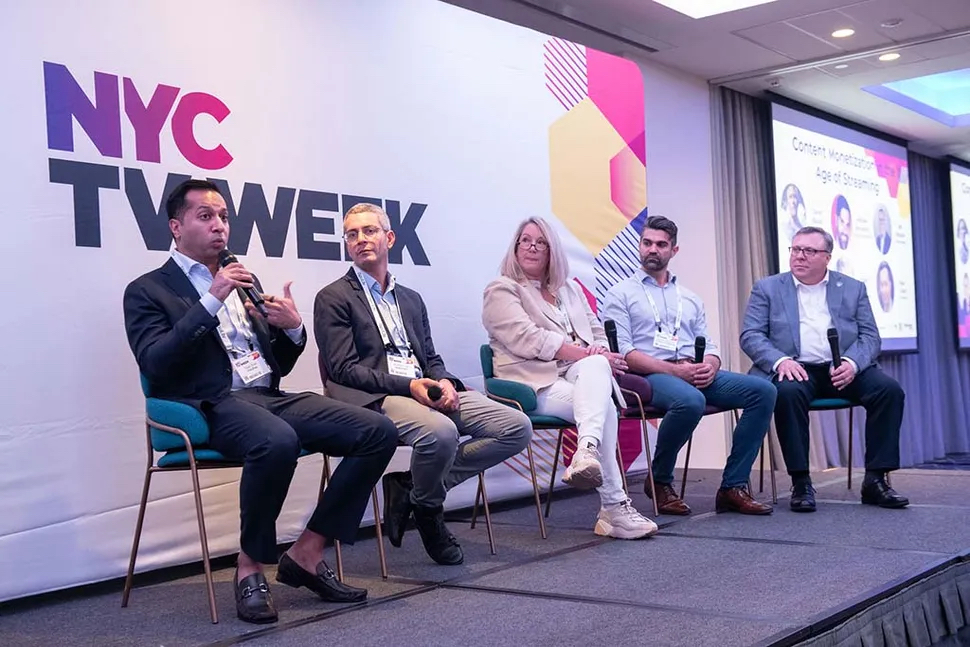
To get started on this Friday, I'd like to discuss the tyranny of (sometimes) evil cable providers. I was remarking to someone last year (you?) about Charter's decision to repatriate its call centers during the regulatory phase of its Time Warner Cable and Bright House Networks purchases nearly a decade back. It resulted in what I thought was a superior customer experience — from billing to tech support, I have found Charter to be an exceptionally good company to interact with on a consumer level. I've watched as Cigna, which had really solid domestic call-center help just a few years ago, degrade as more and more jobs were shipped to Far Eastern locales. These days, seemingly every interaction with my health insurer generates antipathy. Charter has been the opposite. Calls are usually answered quickly. There’s no language barrier. I typically get what I came for. At least based on my own anecdotal experience, Charter has defied cable-biz stereotype. Not as anecdotally, the company still has a high Net Promoter Score relative to the rest of the cable industry, at least.
Also read: Trump, Charter’s Rutledge Hail Call Center Repatriation, Investment
Still, these days, Charter seems to be steadily whittling down the “20,000 new jobs” former chairman and CEO Tom Rutledge promised, laying off another 1,000-plus call center workers this past week after disposing of a similar tally back in February.
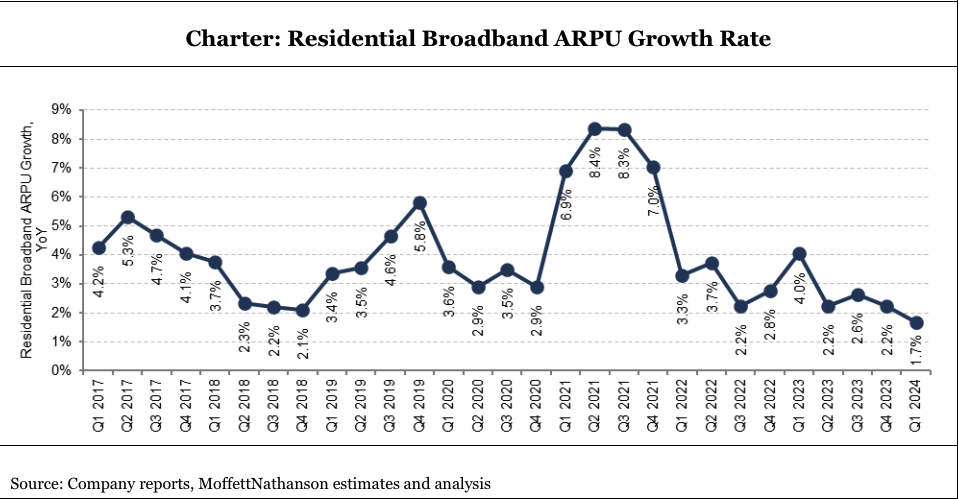
Meanwhile, Charter is once again raising the monthly price of core Spectrum-branded services. With the Affordable Connectivity Program out of money, and broadband subscriber growth at a standstill, I can already hear the second-quarter narrative in my head about how average revenue per customer (ARPU) is headed up, up, up. Never good when Wall Street and the telecom industry get together.

DAVID BLOOM: I’m very much looking forward to Next Text Live! (trademark pending) at September's NextTVFestivusConfabulousNewYorkus (trademark very much not pending). I particularly look forward to seeing which industry notables, stalwarts and skeptics are brave enough to take the stage with us. It'll be like an intellectual version of the recent tennis love-triangle movie Challengers, from MGM Amazon. The hope is we’ll do better with NTVFCNY audiences than Challengers did (though critics loved it).
I agree about the shockingly good quality of Charter’s customer service operations, at least before CEO Chris Winfrey’s margin-bloating waves of layoffs. Even my spouse, a retired film critic with strong opinions on pretty much everything, speaks glowingly about the kind, efficient people manning the Charter phones. This service excellence, of course, looks like it will be a stark outlier in the history of “the tyranny of evil cable providers.” It’s also worth noting that these thousands of job losses come as Winfrey himself received one of the fattest pay envelopes of any CEO in the Fortune 500, some $89 million last year. It's not quite as much as the $47 billion (and counting) that a bend-over board and shareholders at Tesla just awarded this week, again, to the world’s second-richest man. But hey, perhaps Elon Musk will, again, pay attention to his floundering car company. Check out the plunge in quarterly growth the past three quarters:

Back to Charter, though. While the customer service has been crackerjack, the company has skimped on technology investments to actually deliver, you know, cable TV. For all of Charter’s endless house ads about its “fast, reliable service,” buffering on the allegedly high-speed connection to my Santa Monica manse is an everyday headache. Longer outages seem like a quarterly event. The web-browser experience was designed for an era when customers only used it to schedule a DVR recording instead of actively watching that show on a computer, tablet or phone like most humans do. And a never-solved glitch in the Spectrum Apple TV app forced me to track down and wipe out its settings even in obscure areas of cloud backup, etc. Perhaps Charter execs have been too busy elsewhere, likely plotting how much more money they can pay Winfrey once everyone buys the new Xumo streaming box they're selling with Peacock/Comcast.
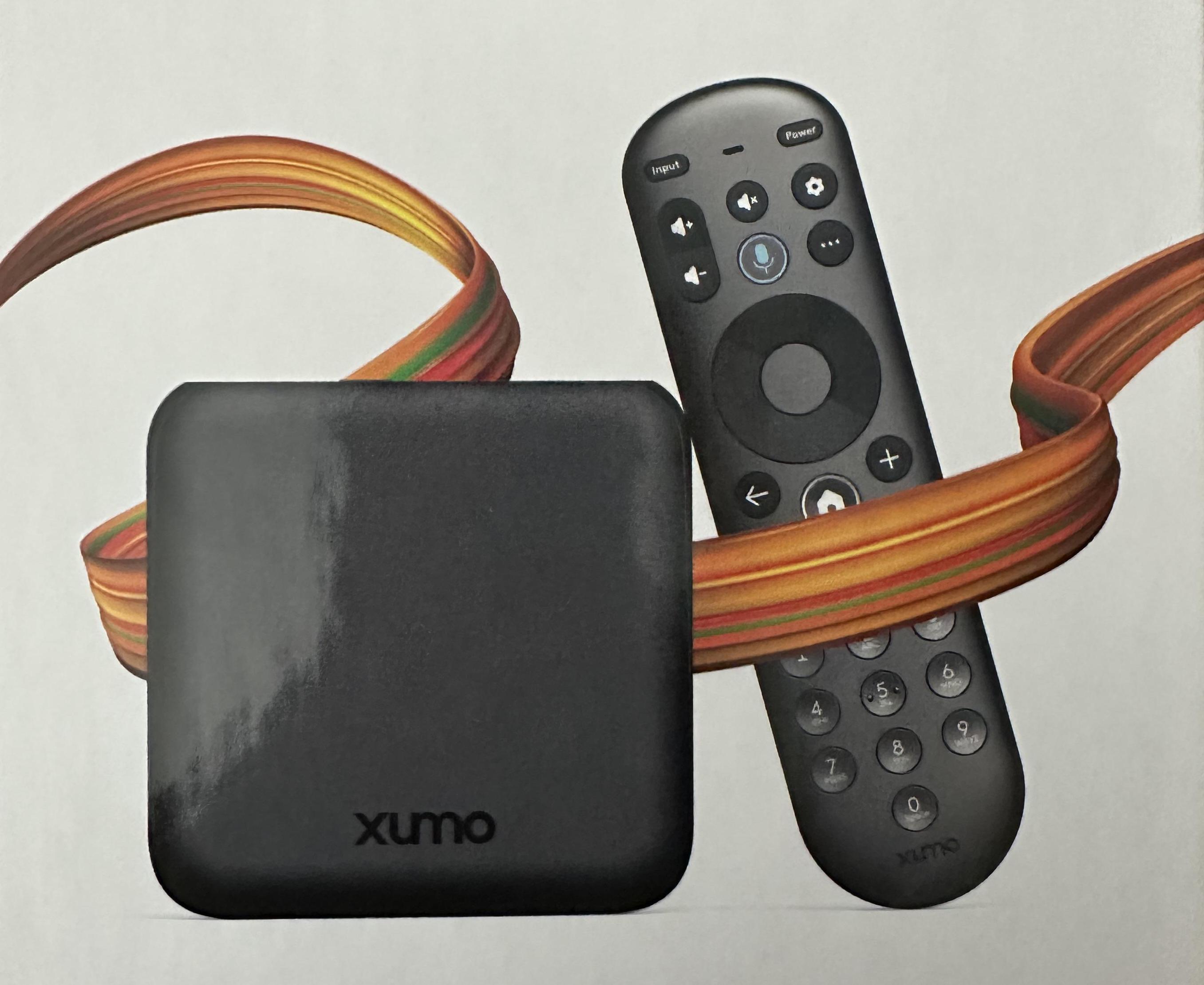
FRANKEL: Ah, I don’t know, Charter is making some big investments in virtualized DOCSIS 4.0 networks. I'm still pretty happy with my broadband. We’ll see! Separately, however, I Just found out that Jamie Kellner, certainly one of the more innovative minds in TV business history, died of cancer Saturday at his home in Montecito, California, at the age of 77.
My path crossed with Mr. Kellner’s briefly back in 1996. I was grieving the loss of my father and the breakup of an engagement, and had the questionable sense to leave my steady, comfortable associate editor job at a Woodland Hills fitness magazine (part of the Joe Weider muscle milkshake empire) to help out with the ad copy at The WB network (I think that’s what my job was, at least).
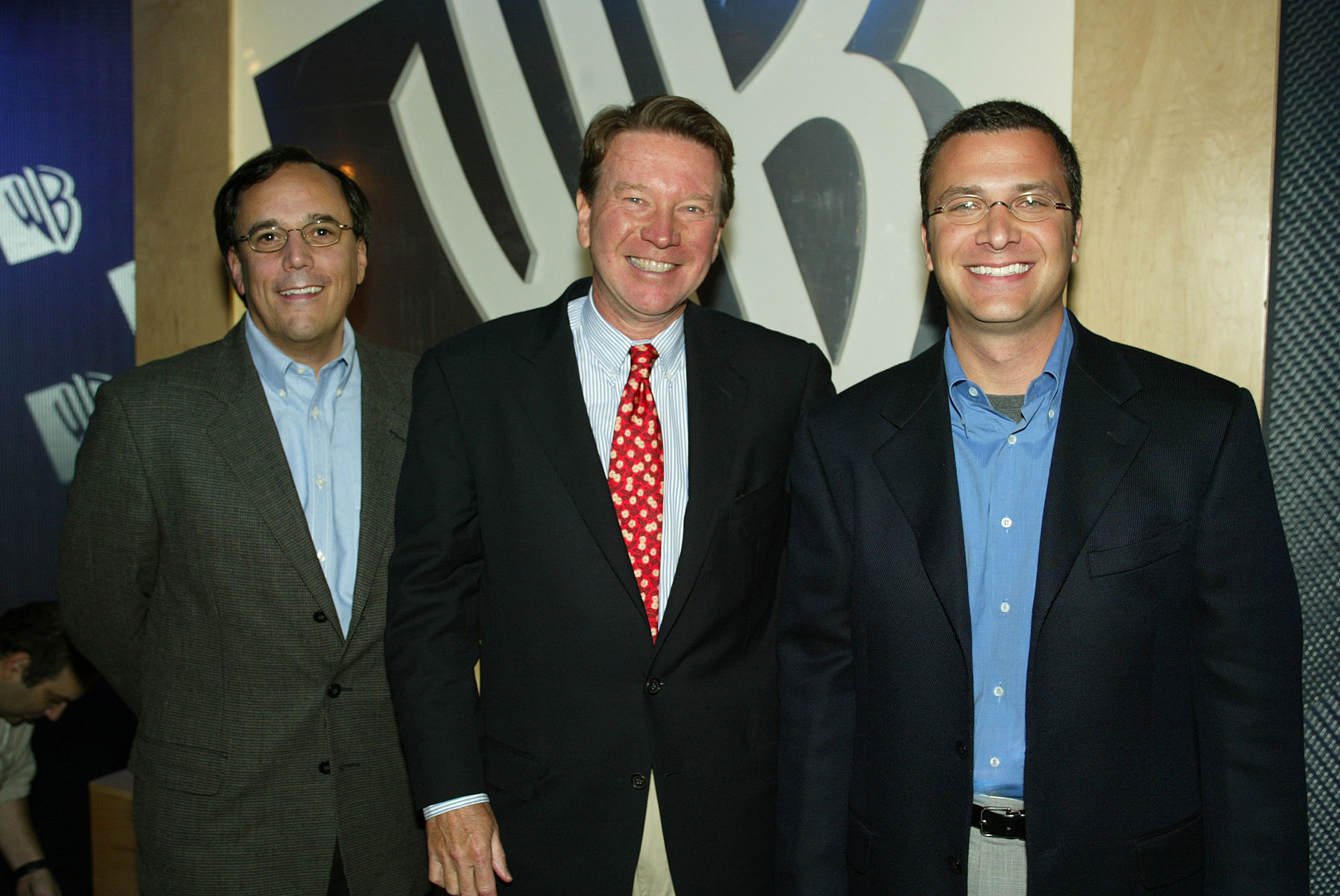
I was unlike the fanboy colleagues I’d eventually work with in the showbiz trades — a few of which said they actually used to pretend to be broadcast network presidents as kids … while I held more pedestrian aspirations of replacing Dave Chalk as Angels shortstop. I had no knowledge, love, affinity or fanaticism about the television business, at least at 26, and I was seriously borderline clinically depressed. I mean, if you have the love, knowledge and background to crank out a 2,000-word obit for an industry executive you covered at one time years ago on a Saturday? You were able to make more of your time with Jamie Kellner than I was, and mazel tov to you for it. But I still kind of get it -- Kellner was a charismatic disrupter who consistantly surrounded himself with Dream Team-level talent, on both the executive and performative sides. And I think he held legit rock-star legend status for a lot of the folks who worked with him … and covered him. I, somewhat tragically, managed to sleepwalk through part of television history. But even I couldn't miss Kellner’s mystique.
I found Burbank to be no country for a sad, lonely young man, and I dreaded my long 14-hour days as an outcast on the very careerist Warner Bros. lot, reporting to marketing gurus Bob Bibb and Lew Goldstein for a job I simply wasn’t qualified to perform. Not surprisingly, I had no connection or fondness for the sheer celebrity star power of the executives I was rubbing elbows with on a daily basis. I went to Jordan Levin’s home for what I think was a bris. I was in meetings with Susanne Daniels almost daily. I sat right behind Garth Ancier in his office during a rough-draft screening of the original Space Jam (and all I could think of was how much of his tuna fish sandwich came out of his mouth when he loudly declared, “Bill Murray is so fucking funny!”)
But there was something about Kellner … that even this callow Hollywood philistine could appreciate. At that time, even I knew enough to understand that The Simpsons, Married … With Children and In Living Color were important cultural achievements. Kellner was worshiped on that lot. By everyone I met. My six-month tenure came and went just as Buffy the Vampire Slayer was in development (one of the assignments that I failed to execute on was to think up a new name for the show). The WB already had 7th Heaven on at the time, which was the future of its “brand lens” … and largely, well, dreck, like the odious Married ... With Children ripoff Unhappily Ever After and early Mike O’Malley vehicle Life With Roger. The network was still searching for that youthful identity that made the “Dubba Dubba WB” a Zeitgeist brand for any young American adult growing up in the late 1990s … and made Kellner, who owned 11% of the network, able to just put it all behind him at the age of 57 and retire to rural Santa Barbara.
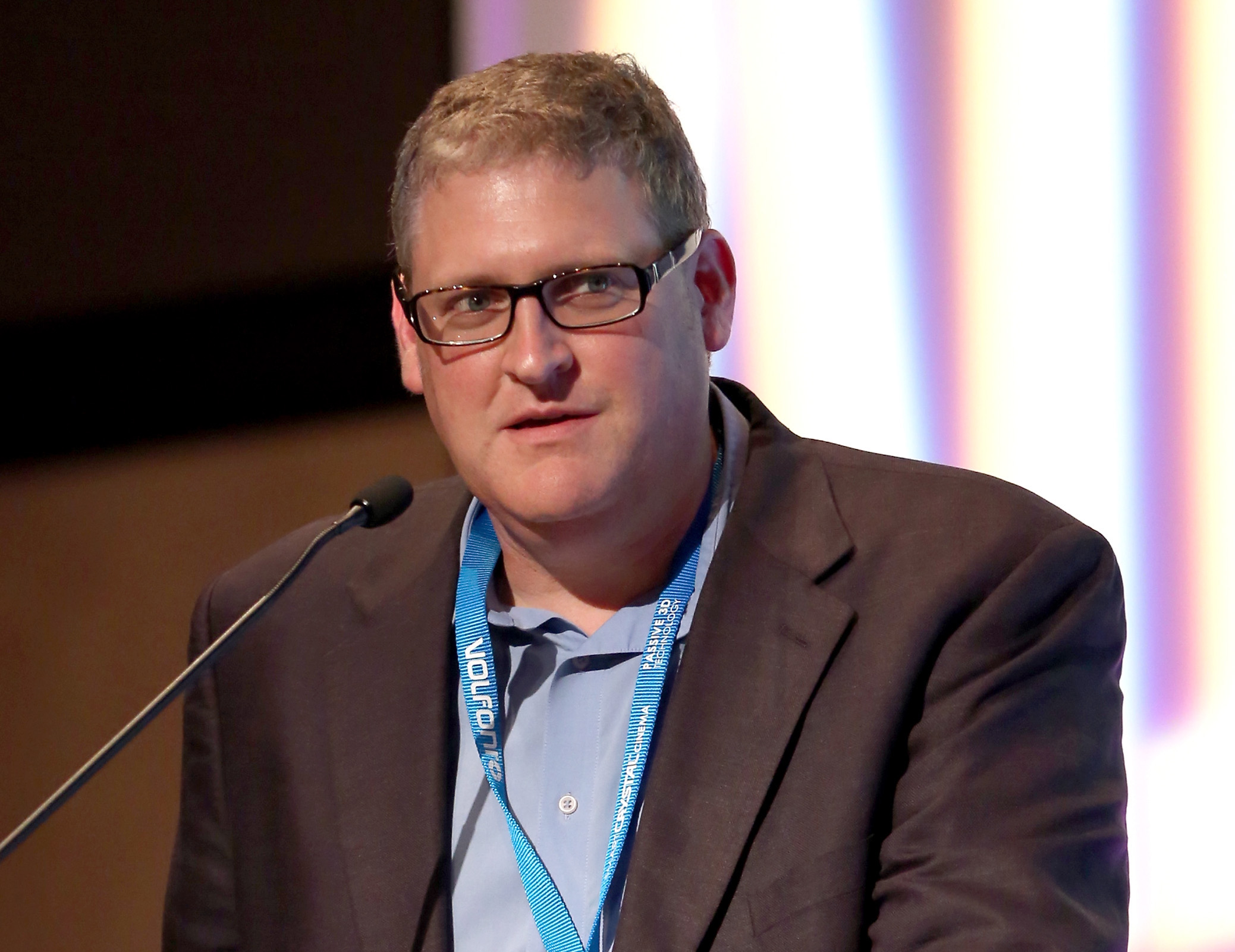
BLOOM: Sorry for your loss. I wonder who will be the next generation of influential and innovative TV executives like Kellner, and where they will build their reputation. I suspect just about all of them will have a career stop at Netflix, but not a long one, given the company’s ferocious up-or-out culture. Then they’ll go help the competitors survive and maybe thrive. Netflix, meanwhile, keeps throwing stuff against the wall to see what sticks. This week’s “didn't see that coming”: two flavors of branded popcorn, created with Popcorn, Indiana. Bemusing as the idea is, it's yet another way to put the brand in front of consumers, in a way that fits the company’s whole movie-watching zeitgeist.
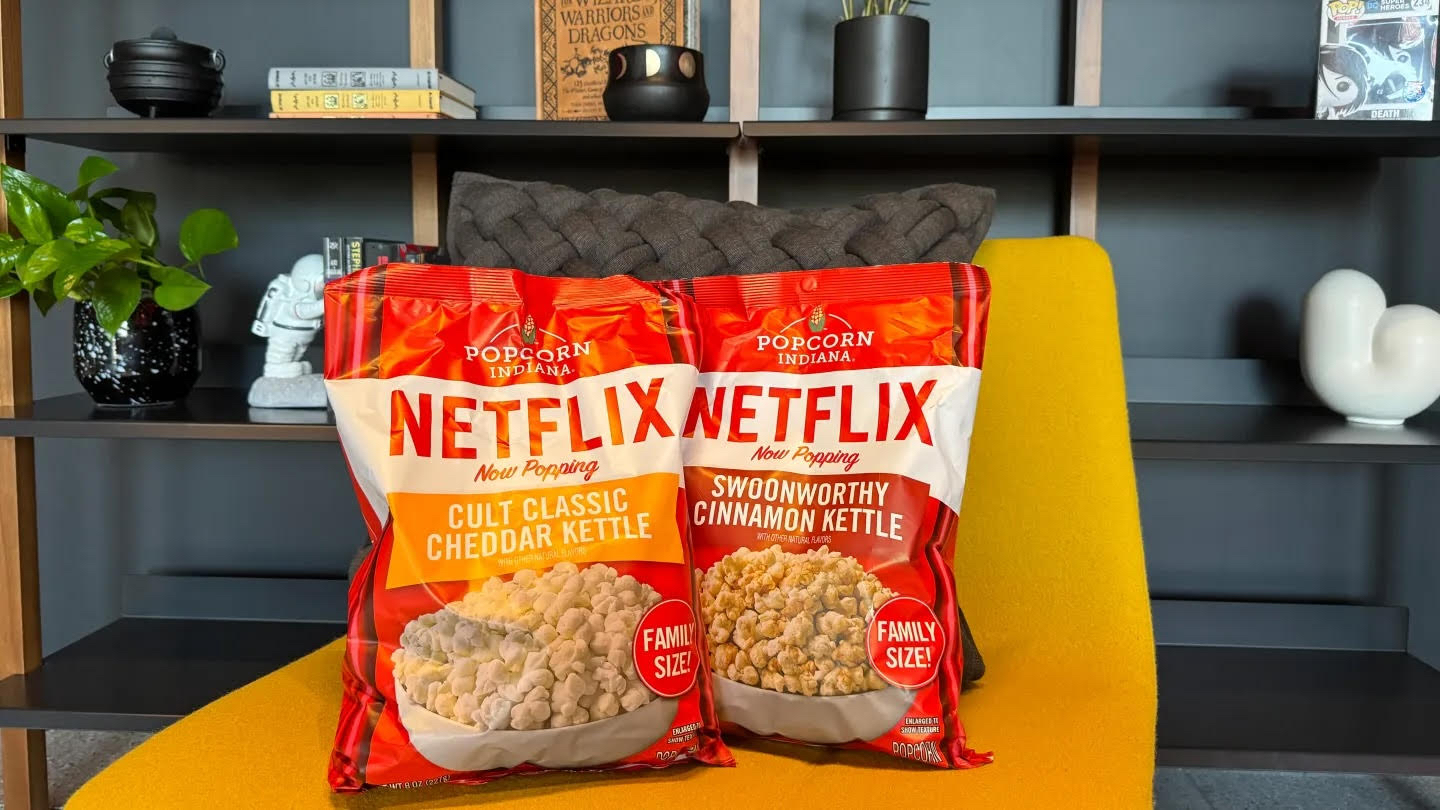
In this one, though, Netflix is not the innovator. That crown goes to AMC Entertainment CEO Adam Aron, who did pretty much the same thing three years ago, no doubt just before he issued yet another round of shares to keep his theater chain afloat. Netflix needn’t worry about mere solvency; shares are up a whopping 46% so far this year. AMC … not so much.
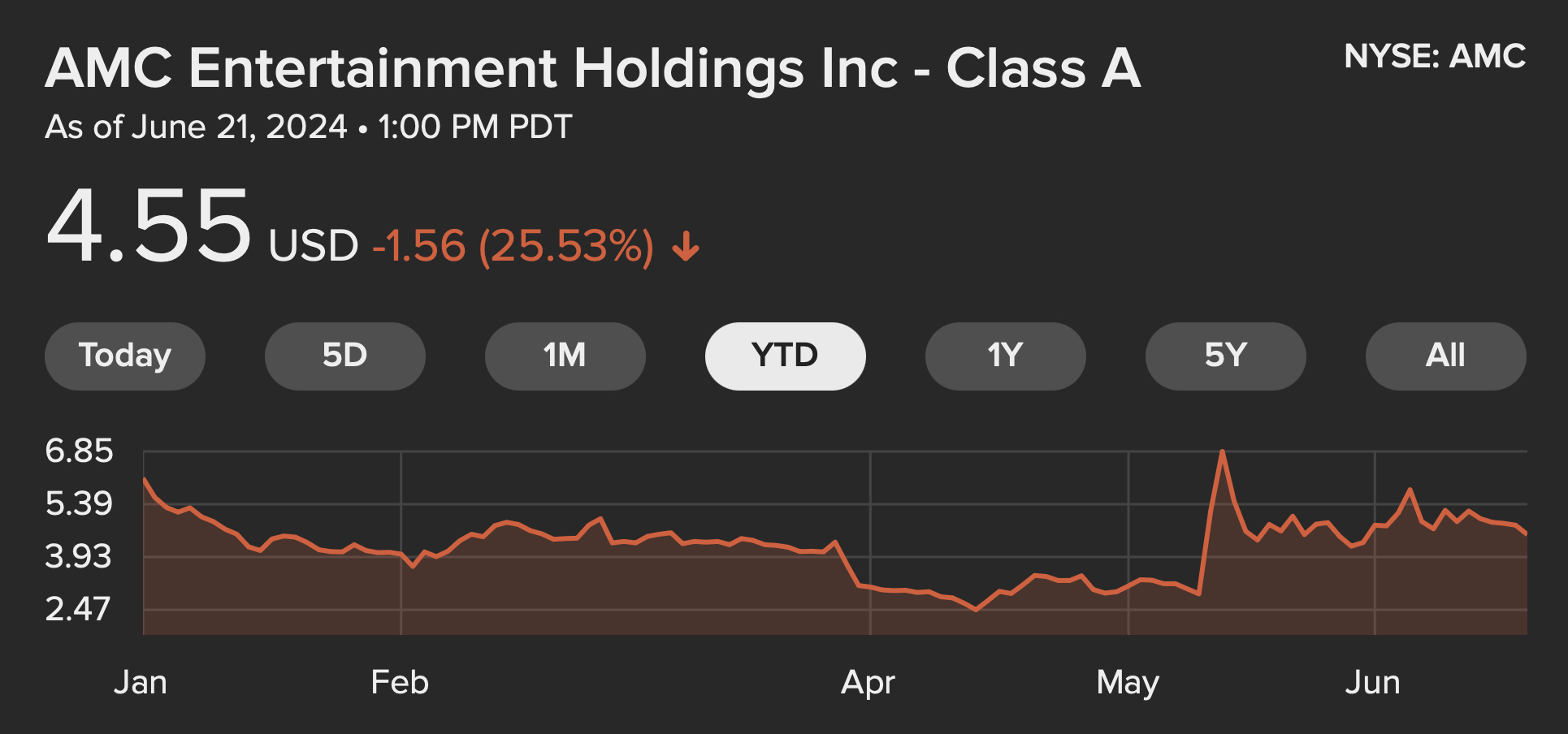
The week’s other, far more intriguing Netflix announcement, though, was a plan to open permanent retail attractions around the country. The first two will debut in Dallas and suburban Philadelphia, in former department-store spaces in two of the country's most popular malls. The spaces are huge, more than 100,000 squared feet each, enough room to revisit, say, key scenes in Stranger Things. The plans sound like Dave & Buster’s as rebuilt by Ted Sarandos, featuring brand-specific immersive experiences. It’s a logical extension of the many traveling immersive experiences Netflix has created for franchises such as Bridgerton and Army of the Dead. I'm sure the permanent locations will promote upcoming movies, series, games and, of course, popcorn. These represent two major steps forward for Netflix's brand, taking its customers out of the house and into the headset. They also represent an irony, as the ultimate home-entertainment company begins opening out-of-home venues that ultimately reenvision what a movie theater can be. Adam Aron should be even more worried.

FRANKEL: Speaking for Netflix, there were some, er, plus-sized Bridgerton numbers — 223.3 million streaming hours and 28 million views — last week with the drop of the second half of Season 3. Seems the exposure of gossip columnist Lady Whistledown is luring audiences back to Shonda Rhimes’s show. Also, equity analyst Craig Moffett’s latest quarterly “Cord Cutting Monitor” was pretty insightful. Q1 was the worst for cord-cutting ever, but it wasn't just about the raw numbers, which saw attrition accelerate to 12.3% and even stalwart YouTube TV lose subscribers (an estimated 150,000) for the first time. Moffett identified a third virtuous cycle (yes, another bad one), in which advertisers are now fleeing the pay TV ecosystem.
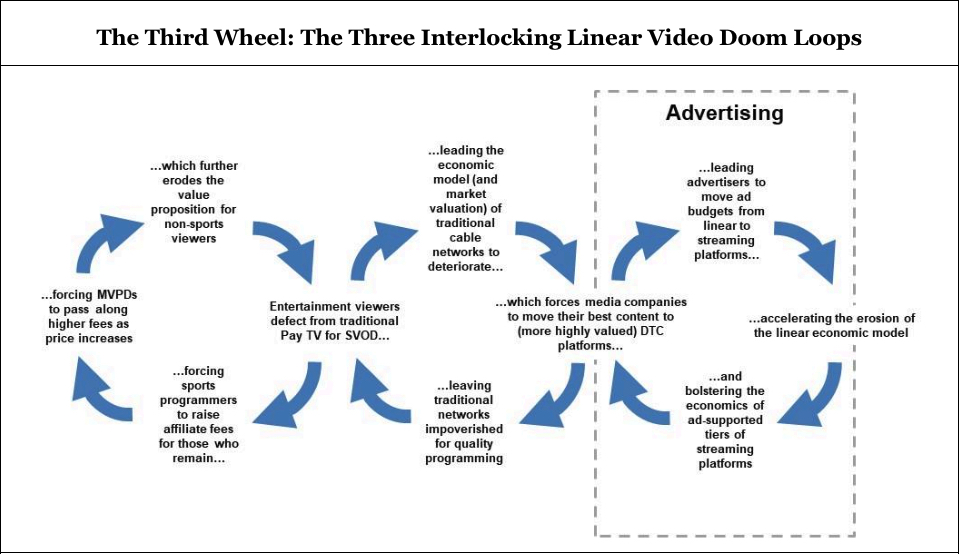
BLOOM: It’s a wonder anyone is making money from television these days, whether it's writers, actors, producers, studios, streaming services or commissary workers. Even as churn skyrockets, we’re seeing reports that Amazon’s semicompulsory transition of 115 million or so of Prime Video subscribers to an ad-supported tier has sent CPMs plummeting for everyone. There's just too much inventory out there. We're already seeing an overdue pruning of the 4,000-plus FAST channels. What does this mean for the big services' quest for profitability? Meanwhile, I've been more focused on the future, not just with Netflix House immersive experiences, but what I saw at Augmented World Expo in Long Beach for the first time in its 15 years of showcasing tools and products for virtual reality, augmented reality, and, as the industry likes to call it, “all of the Rs.”
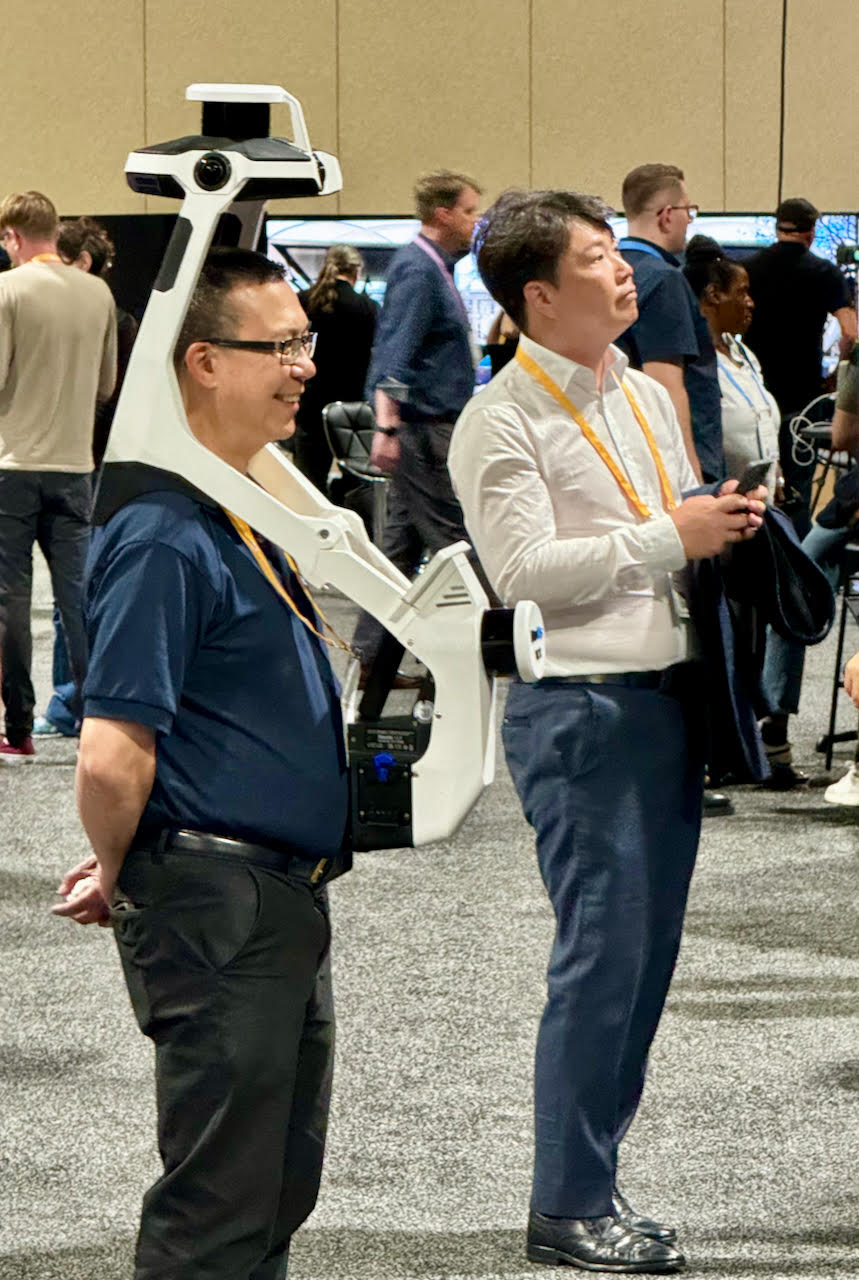
The products ranged from training for operating cherry-picker construction equipment to (regrettably) how to survive active shooter situations. Infinite Rabbit Holes showed off its really interesting hybrid AR board game The Arkham Asylum Files, based on Warner Bros. Discovery’s Batman franchise, as well as the special displays it has created for Costco that allow salespeople there to demonstrate the game’s fingerprint cards and other paper goods by triggering AR experiences on a tablet or smartphone.
Also read: Costco pushes forward with app upgrades
Apple wasn’t there, but Meta, Sony and Magic Leap were. Despite Apple’s absence, there was plenty of talk about (and products for) the Apple Vision Pro, including a pre-conference workshop that reportedly turned into a bitch fest about the headaches of AVP development. Four months after the Vision Pro’s release, Apple has already announced v. 2.0 of the operating system, and plans to distribute in nine major markets beyond the United States. And word came out that Apple is killing development of a second high-end version of the $3,499 headset in favor of creating a less expensive model. I'm thinking it’ll be the Air companion to the Pro, to use Apple’s nomenclature for its computers and iPads.
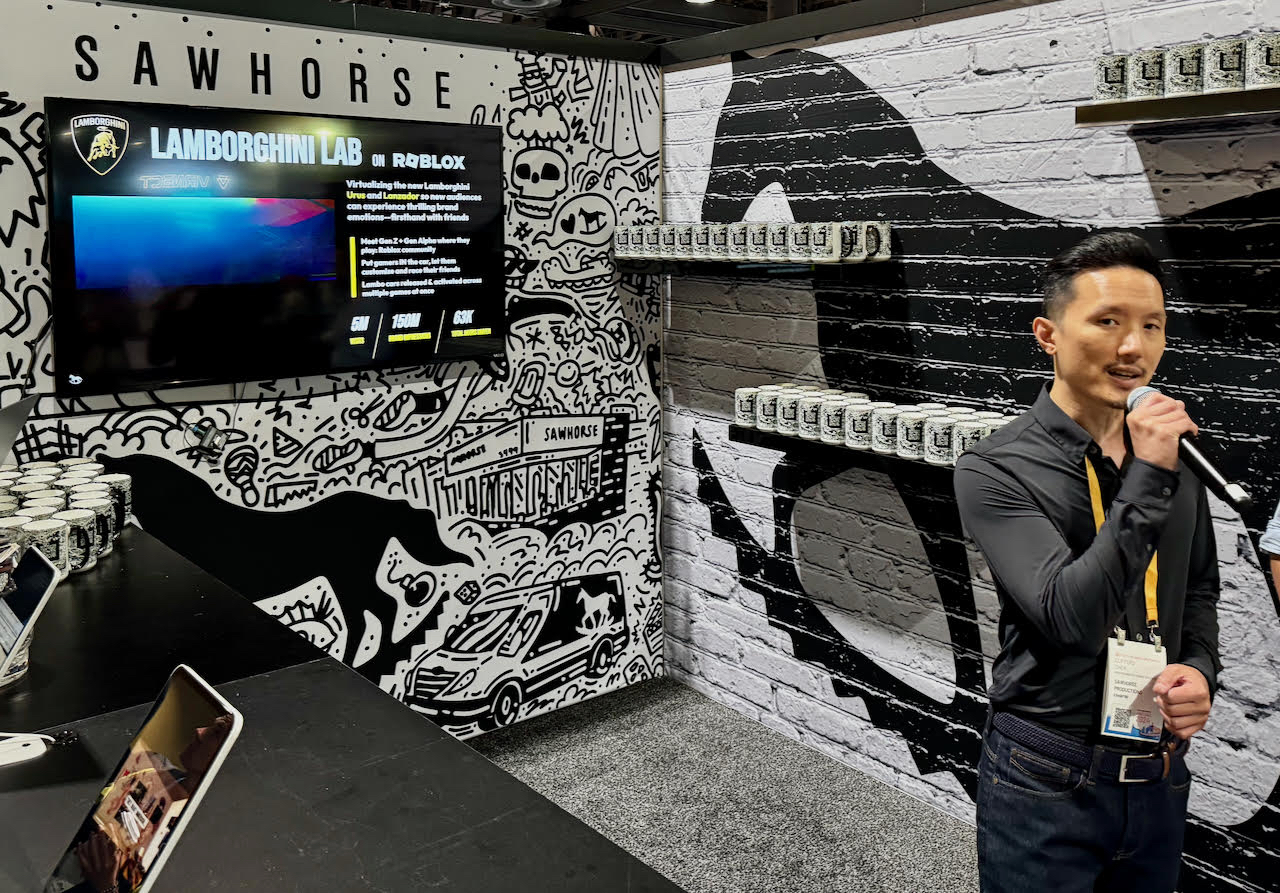
I also think it’s a good sign that Apple is reacting to the many competitors with less capable but lightweight, lower-cost and still highly functional headsets. Xreal showed off a phone-sized device that not only provides power, storage and playback for its lightweight glasses, but also can capture stereoscopic video. And the Xreal Pro costs about one-tenth of the AVP. Meta, which has sold a substantial majority of the market's consumer-facing headsets so far, announced a program to help VR creators not only create content and apps but find investors. That's smart because, unlike Apple, Meta doesn't have access to the massive iOS/iPadOS developer base to support app and experience creation.
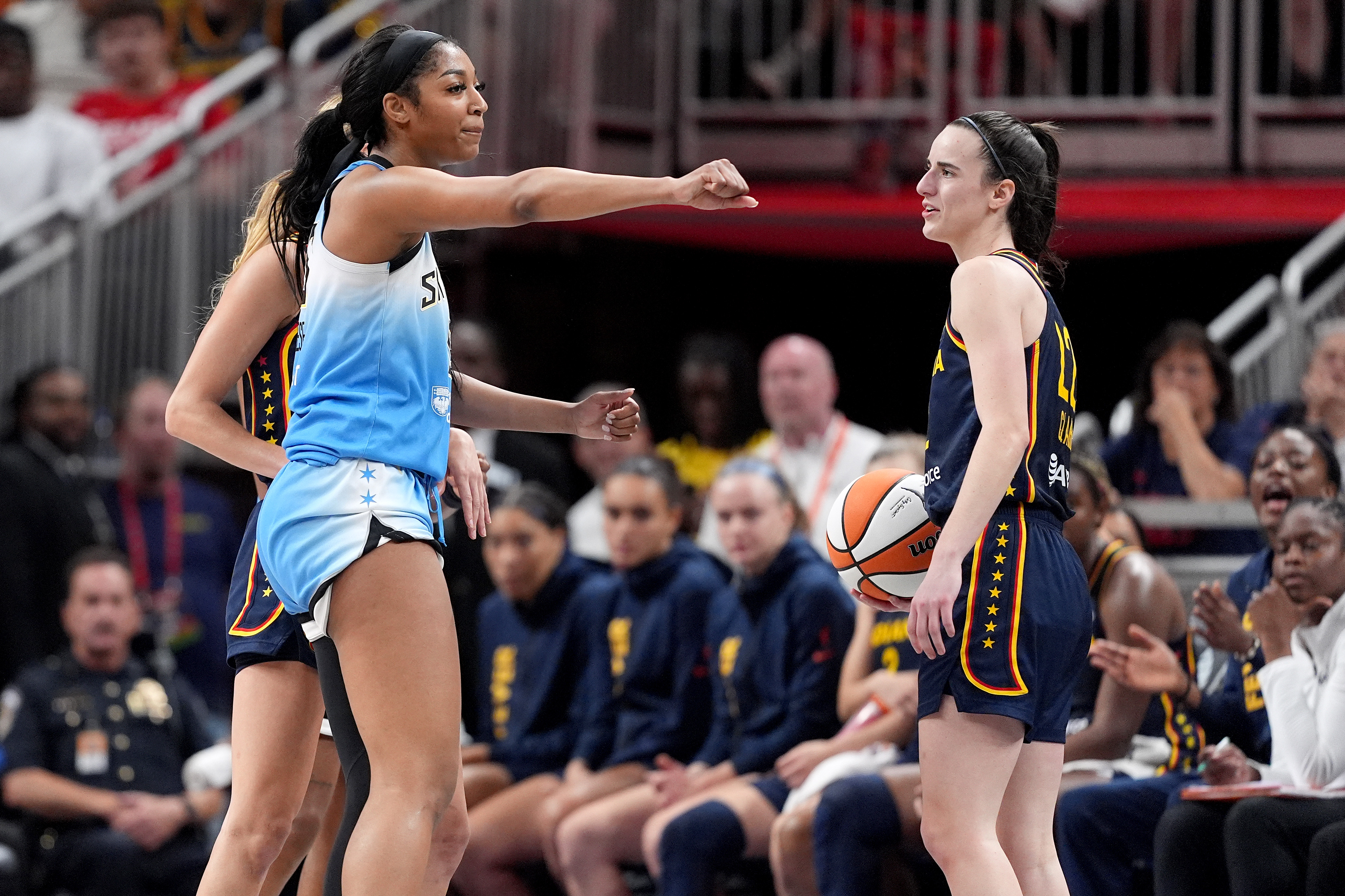
And finally, speaking of cool things to watch, as I write, I'm monitoring the latest WNBA matchup between the Indiana Fever and Caitlin Clark against the Chicago Sky and Angel Reese. Both rookies are setting records, and their two not-very-good teams set an all-time viewership record in their last matchup. Also, the players’ fits are excellent, as the ESPN pregame show emphasized, even if I can't quite understand how Reese could be comfortable in (admittedly awesome) knee-high boots in the steamy Chicago summer.
FRANKEL: Augmented whosa-whatsa? I'm up, I'm up! …







